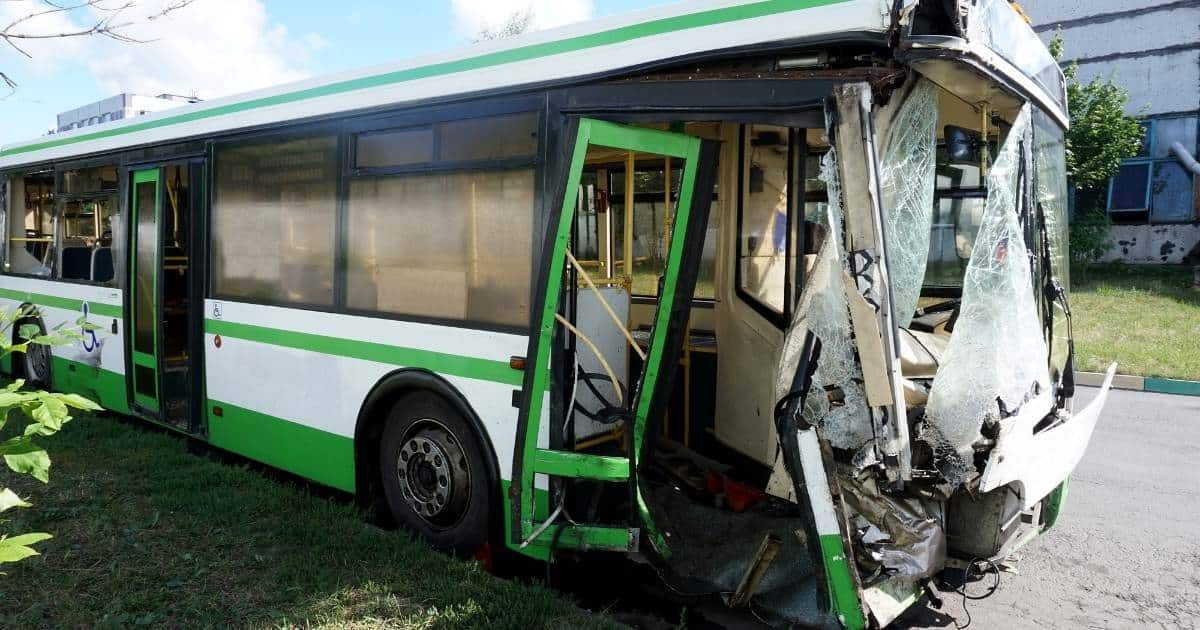Can I File A Personal Injury Lawsuit After A Bus Accident?
If you or a loved one is injured or dies in a bus accident, you have the right to sue for your damage claim. However, these lawsuits are complicated. The rules depend on whether the bus owner is a private company or a governmental entity.
If you are considering a lawsuit, you need the help of a qualified personal injury attorney. Do not hesitate to call (281) 475-4535 or fill out the contact form on the website to set up a meeting for a free consultation about your case.
Here are some helpful things to know.
Private vs. Government Ownership
If the bus accident happened to a bus owned by a private company, such as Greyhound, your right to sue the company is the same as what happens with any other accident with a privately-owned commercial vehicle.
Public Transportation
Suppose the bus accident happened on public transportation and the bus line is operated by a governmental entity in California such as a municipality. In that case, the rules are different, including the concept of sovereign immunity and the need to file a tort claim.
Sovereign Immunity
The California Tort Claims Act (CTCA) protects any public agency from liability for any injury caused by the agency or one of its employees. There are exceptions to sovereign immunity, which allows a person to sue the government under certain limited circumstances.
A bus accident is in the category of exceptions to the CTCA laws if you can show that the bus driver’s negligence caused the accident.
Tort Claim
You must first file a “tort claim” within six months of the accident. Then, you have two years from the date of the accident to file a lawsuit. A tort claim is usually a form completed on time and filled out properly.
Be careful how you do this, because anything on the form may be used against you. Denial of the tort claim by a government agency prevents the lawsuit. This extra step is why you need an attorney to protect your rights.
Types of Compensation for Injury in a Bus Accident
Your claim may be for compensatory damages to cover the economic costs and a multiplier of the financial costs for things that do not have a fixed price, such as emotional harm.
Compensatory damages may include:
- Vehicle repair or replacement if “totaled”
- Ambulance services
- Emergency room cost
- Hospital bills
- Medications
- Medical supplies
- Physical therapy
- In-home care
- Lost income
- Estimated lost future earnings
- Loss of consortium (emotional support, companionship, and intimacy)
- Pain and suffering, including emotional pain and loss of enjoyment
- Court costs and fees
In some cases, the injury victim may request punitive damages, an additional amount awarded to punish the wrongdoer. Punitive damages are not usually allowed in lawsuits against a governmental entity but may be possible in a lawsuit against a private bus company.
Get A Free Consultation
If you need help with an injury or death caused by a bus accident, call (281) 475-4535 or use the webform to set up a meeting for a free consultation about your case.


